By Patrick Gerard L. Moral, MD FPCCP
Healthcare, as we know it, has been altered by COVID-19. Though a lot of people have already recovered, the moderately to severely affected patients continue to inundate hospital capacity. The presentation is usually respiratory, dyspnea and oxygen/ventilatory support. A question that inevitably follows is: How can nutritional support make a difference for the recovery of COVID-19 patients?
Both the European Society for Clinical Nutrition and Metabolism (ESPEN) and Society of Critical Care Medicine (SCCM) with the American Society for Parenteral and Enteral Nutrition (ASPEN) have released guides for providing nutrition to the suspected and confirmed COVID-19 patients.
The following are the amalgamated statements from the guides to provide a simple note for the physicians caring for them:


Patients may present with anorexia, and combined with
the catabolic state, may accelerate this process.

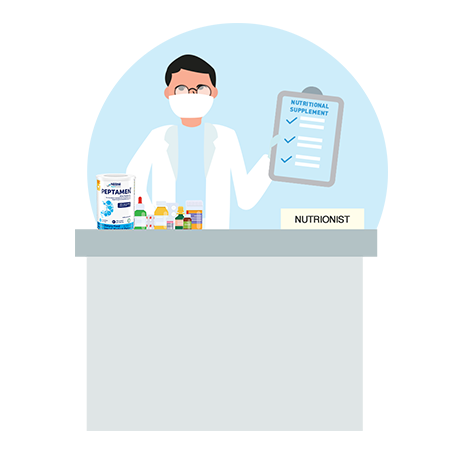 1. Energy needs: ¹
1. Energy needs: ¹
• 27 kcal per kg body weight and day; total energy expenditure
for polymorbid patients aged >65 years
• 30 kcal per kg body weight and day; total energy expenditure
for severely underweight polymorbid patients
• 30 kcal per kg body weight and day; guiding value for energy
intake in older persons, this value should be individually
adjusted with regard to nutritional status, physical activity
level, disease status and tolerance
1. Protein needs: ¹
• 1 g protein per kg body weight and day in older persons;
the amount should be individually adjusted with regard to
nutrtional status, physical activity level, disease status and
tolerance.
• 1 g protein per kg body weight and day in polymorbid
medical inpatients in order to prevent body weight loss
reduce the risk of complications and hospital readmission
and improve functional outcome

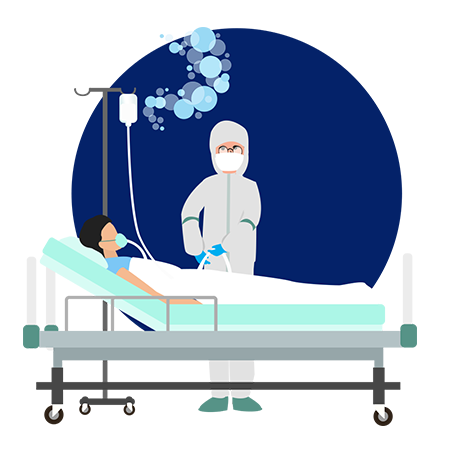
With intubated patients, this should be via a nasogastric tube.
Continuous feeding is preferred over bolus.

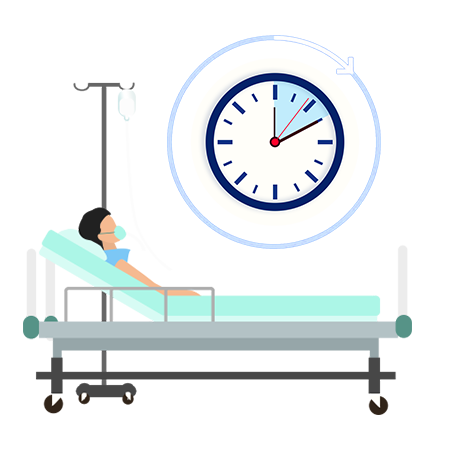
The SCCM/ASPEN guide recommends that early enteral
nutrition (EN) within 24-36 hours of ICU admission or within 12
hours of intubation and mechanical ventilatory support should
be the objective.

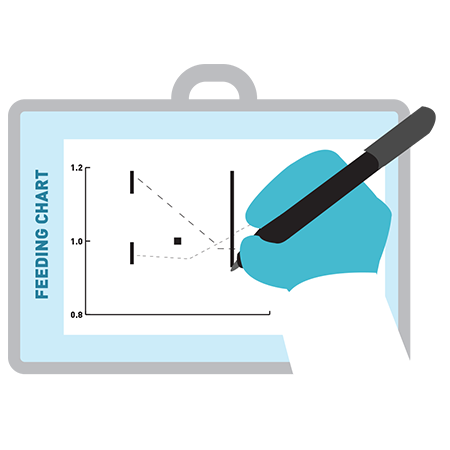
Initiate low dose EN, either hypocaloric or trophic, advancing to full
dose EN slowly over the first week of critical illness to meet energy
goal of 15-20 kcal/kg actual body weight (ABW)/day.

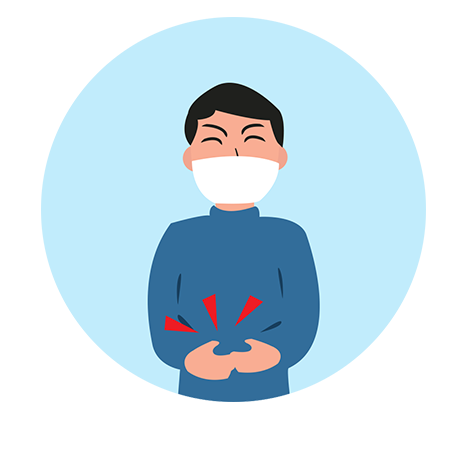
Gastrointestinal symptoms may be reflective of the severity of the
illness of COVID-19. It has been recommended to note for enteral
feeding intolerance along with other monitoring activities to
minimise health provider exposure and decrease chances of
transmission

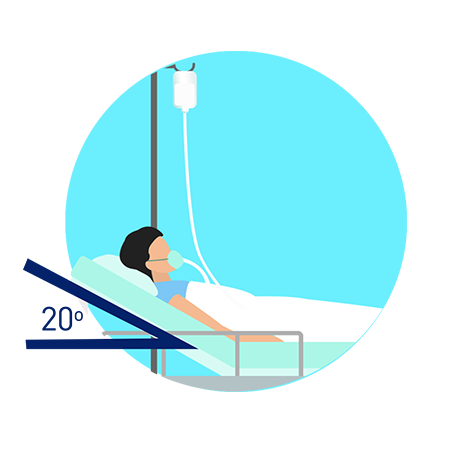
One of the ways oxygenation may be improved is to prone
position patients who meet criteria. Keeping the head of the
bed elevated (reverse Trendelenburg) to at least 10 to 25
degrees to decrease the risk of aspiration of gastric contents,
facial edema and intra-abdominal hypertension, has been
recommended by SCCM/ASPEN. Predigested short peptide
preparations are recommended for better & faster intestinal
absorption and utilization.³

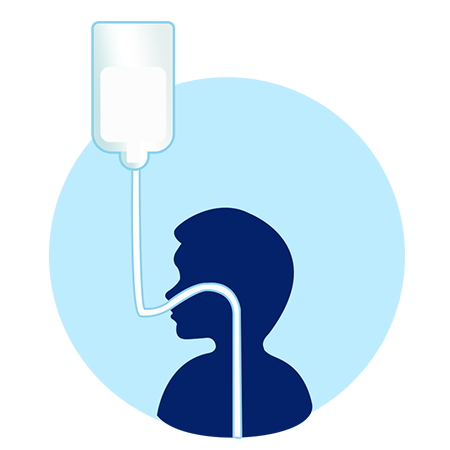
As the condition improves and in the absence of gastrointestinal
dysfunction, addition of fiber should be considered. Low levels or
intakes of micronutrients such as vitamins A, E, B6 and B12, Zn and
Se have been associated with poorer clinical outcomes with viral
infections, so supplementation may be considered. ²
As much as finding the medications that truly target COVID-19 are paramount, one weapon that
may be missed in this fight is just in arm’s reach - nutrition.
*For Healthcare Professionals Only
CLICK HERE TO DOWNLOAD THIS GUIDE IN PDF
1. Martindale R et al., Nutrition Therapy in the Patient with COVID-19 Disease Requiring ICU Care. Society of Critical Care Medicine
and the American Society for Parenteral and Enteral Nutrition April 1, 2020
2. Barazzoni R et al., ESPEN expert statements and practical guidance for nutritional management of individuals with SARS-CoV-2
infection, Clinical Nutrition, https://doi.org/10.1016/j.clnu.2020.03.022
3. Liang T. Handbook of COVID-19 Prevention and Treatment. 2020